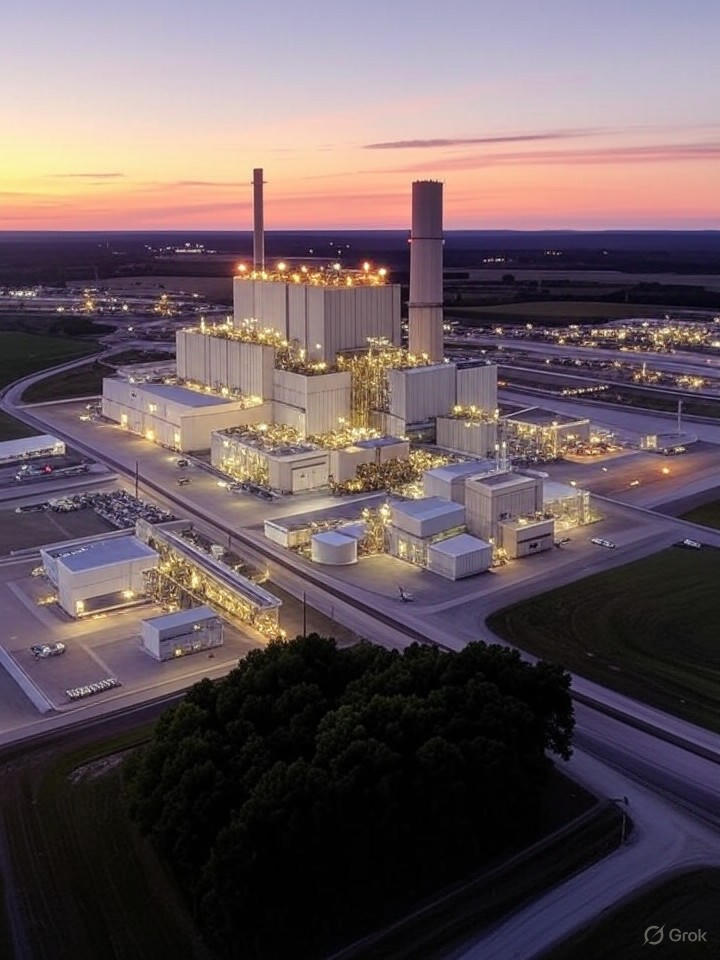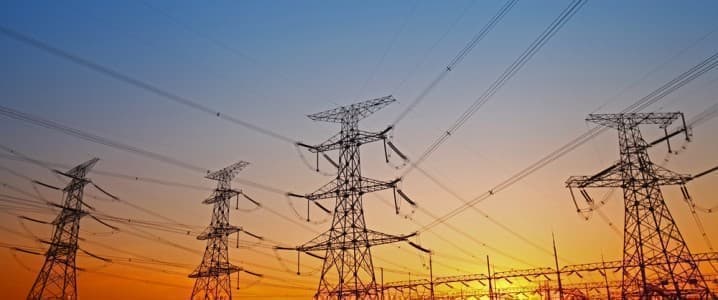In a significant development for energy and technology, Google has partnered with NextEra Energy Inc. to revive the Duane Arnold Energy Center in Iowa by early 2029. This initiative aims to address the growing energy demands of artificial intelligence (AI) by providing carbon-free power directly to Google’s expanding data centers in the region. The nuclear plant, which halted operations in 2020 due to extensive damage from a derecho storm, is set to become operational again, underscoring a strategic shift in how major tech firms are approaching energy sourcing.
The deal marks a notable trend in the tech industry, as another major player, Microsoft, recently announced plans to restart Pennsylvania’s Three Mile Island. This reflects a broader movement towards revitalizing dormant nuclear facilities to meet the increasing power requirements fueled by advancements in technologies such as large language models. The Duane Arnold plant, with its 615-megawatt reactor, will undergo significant infrastructure upgrades under NextEra’s management, enabling it to supply electricity to support Google’s cloud computing and AI operations.
Strategic Energy Shift in the Tech Sector
This partnership represents not only a response to immediate energy needs but also a strategic pivot within the tech sector toward the revitalization of the United States’ aging nuclear fleet. A recent report from The Verge indicates that Google’s collaboration with NextEra could set a precedent for similar projects across the country, potentially unlocking substantial amounts of clean energy currently lying idle. Originally commissioned in 1974, the Duane Arnold plant’s decommissioning was accelerated by economic challenges and storm damage. However, advancements in reactor maintenance and regulatory efficiencies now make its reactivation a viable option.
Experts from the Nuclear Energy Institute have highlighted that such revivals can extend the operational life of existing plants, circumventing the lengthy timelines associated with constructing new facilities. This trend not only showcases how tech companies are reshaping the energy sector but also emphasizes their commitment to sustainable practices. Google’s prior agreements for small modular reactors with firms like Kairos Power further illustrate its dedication to exploring diverse nuclear solutions.
Challenges and Economic Impact
Despite the benefits, restarting a nuclear facility presents various challenges. Safety concerns, potential impacts on local communities, and the costs associated with retrofitting aging equipment remain significant hurdles. Insights from CNBC suggest that the partnership will require careful coordination with state regulators to ensure grid stability, particularly as the demand from AI technologies could strain regional power systems.
Economically, the revival of the Duane Arnold plant is projected to create hundreds of jobs in Palo, Iowa, revitalizing a community that has faced economic difficulties since the plant’s closure. Google stands to gain a reliable energy source amidst the unpredictable outputs of renewable energy, reinforcing its operational efficiency. On a national scale, this venture may influence U.S. energy policy by encouraging incentives for similar nuclear restarts. Moves by companies like Microsoft indicate a trend where tech firms are effectively becoming energy producers, potentially accelerating the transition to sustainable power sources.
Looking forward, the success of the Duane Arnold project could inspire a new wave of nuclear revitalizations across the United States, where over a dozen plants have been shut down in the last decade. Google’s proactive role in this initiative positions the company as a leader in the intersection of technology and energy. As reported by BBC, its previous endeavors in nuclear procurement further reinforce its commitment to innovative energy solutions. Meanwhile, competitors such as Meta Platforms Inc. are also entering the nuclear space, indicating a competitive landscape focused on securing clean, baseload power.
Ultimately, this collaboration between Google and NextEra exemplifies the confluence of technological ambition and environmental responsibility. By reviving existing infrastructure, it addresses the dual challenges of the energy demands posed by AI and the imperative of achieving climate goals, potentially setting a significant precedent for future tech-energy partnerships globally.







